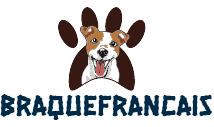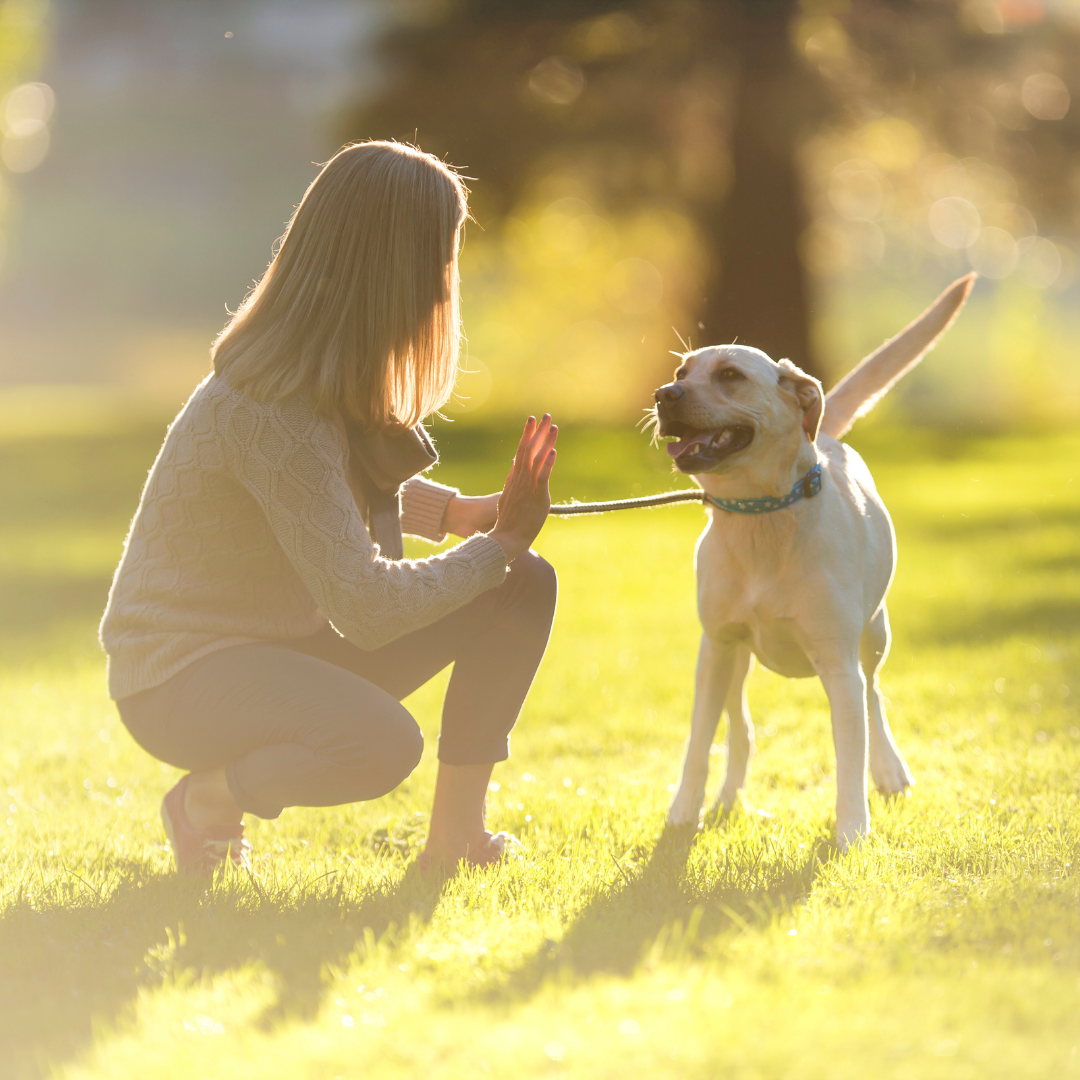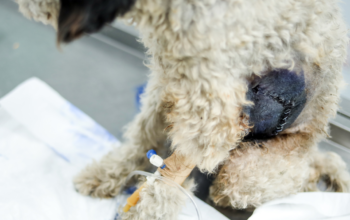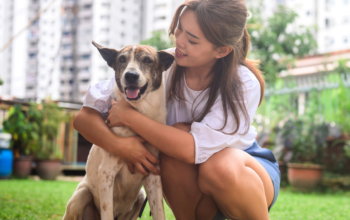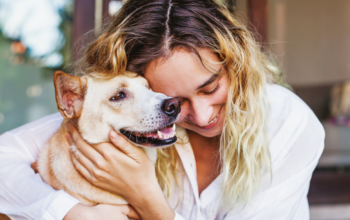Dogs are a lot like children in so many ways. Children need to be trained to learn what is appropriate and what is not, and what is expected of them. Dogs require this too. They need food and exercise like children do to keep them happy and healthy. They also need to be exercised and stimulated mentally so that they do not gravitate towards bad behaviour.
Speaking of behaviour, socialization should be prioritized so that they grow and learn communication skills. This is a lengthy process that requires time and patience. So, you might want to consider seeking assistance from the professionals at Balanced Obedience or a similar dog training company. This simplifies the process of teaching discipline to your dog. But if you do decide to embark on this journey on your own, you might end up establishing a dynamic connection with your dog.
Proper training and socialization from an early age are critical for raising a well-adjusted, non-aggressive dog. Puppies that do not receive appropriate training may develop behavioral issues as they grow older, including anxiety, fear, or even aggression in some cases. That’s why it’s so important to take precautions like leashing, proper containment, muzzle use when appropriate, and seeking professional help with training at the first signs of aggression. However, in the rare event that a dog does bite and injure someone, the victim may choose to consult a personal injury lawyer from sites like warforindy.com to understand their legal rights and options for seeking compensation for damages or injuries. So, it becomes imperative to train your dog with greater care.
While proper precautions and early socialization can prevent most aggression, some dogs may still develop problematic behaviors later in life. In these situations, it’s critical that owners seek professional help right away. A qualified dog trainer from Adams K-9 or a similar service might suggest, that with patience, positive reinforcement, and consistency, a new pup can become your best friend in no time.
Tips On How to Train Your Dog
Set Your Expectations
A puppy or adult dog is an adorable addition to your life but training them can be challenging. When dealing with a new puppy, or an adult dog, it is important to set your expectations and handle things calmly. Taking things slower with training helps manage your expectations.
Training Bite Inhibition
Training dogs to manage their biting instincts is crucial for their safety and the safety of others. Socializing your dog and offering positive reinforcement for good behavior are key components of this training. Consistency in setting boundaries and giving clear instructions is equally important. If a dog does end up biting someone, the consequences can be severe. The injured may seek legal assistance from a Mount Prospect dog bite lawyer or a similar professional in other locations, to pursue compensation for medical expenses and damages. Therefore, training your dog for bite restraint is essential in preventing such incidents.
Be Persistent With Your Training
Training a puppy or an adult dog requires patience and persistence! Training your dog involves teaching them desirable behaviors, with rewards along the way. The first step in preparing a new puppy or adult dog is to socialize your puppy or adult dog with new people, places, and things. The key to success is calm consistency.
Start With Basic Commands
Training a new puppy or adult dog can be a daunting task. Training has a structure, and things tend to progress more smoothly. With proper steps, you can train your dog to do basic commands like sit, stay, down or come. The commands can even be personalized to your dog’s needs, so they learn to sit and stay outside when it is raining, to come when called, or to stay at your side when passing by a stranger.
Always Give Rewards For Learning
Everyone wants a dog, but not everyone is ready for the work that it entails. Training a puppy or adult dog requires time, dedication, and patience. To get it right, giving the dog lots of love and attention is important. When your new puppy or dog begins training, you must reward it consistently with treats. Using rewards during training sessions helps your puppy or dog know what behaviour it is expected to do, and which behaviour is inappropriate. Training treats can reward good behaviour or behaviour you do not want your puppy or dog to do again. Treats are your puppy or dog’s “payment” for good behaviour. Always start with rewards and stop using rewards as training tools if your puppy or dog does not respond well.
Be Consistent
Consistency is one of the most important things when training a new puppy or adult dog. Setting a schedule is the best way to keep your dog’s training on track. Dogs are smart. They can notice your stress if you give them the opportunity. Make sure you are setting a good example when training your new dog.
As any dog owner will tell you, training a new puppy or adult dog is hard and takes a lot of time and patience. But with the right training methods and the right attitude, training your dog can last a lifetime. Training a dog requires planning, persistence, consistency, rewards, and positive reinforcement. The best dog training starts with patience and a positive attitude. Always end training on a positive note. Not only will your dog be a happier, more well-behaved pet, but you will also be much happier as a result.
